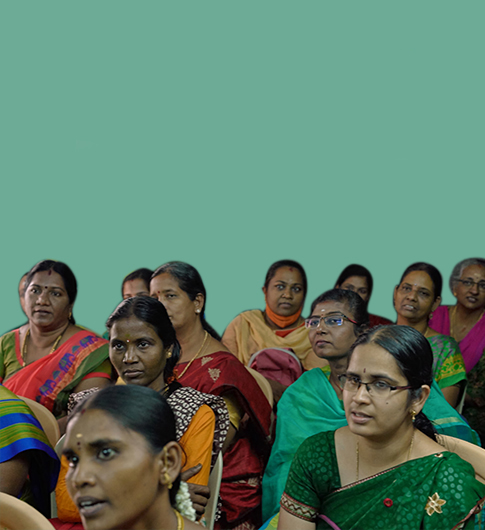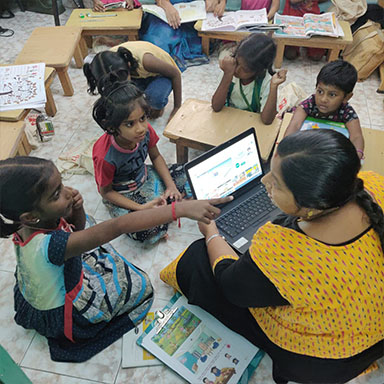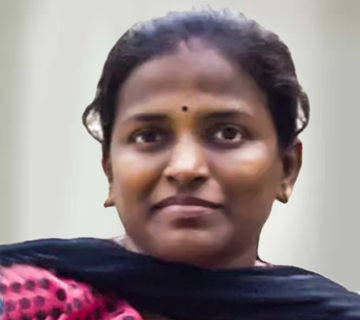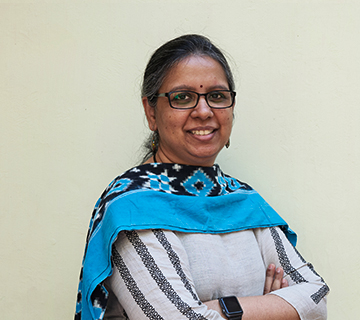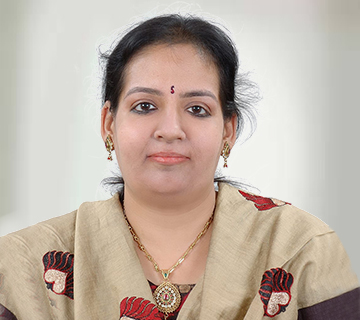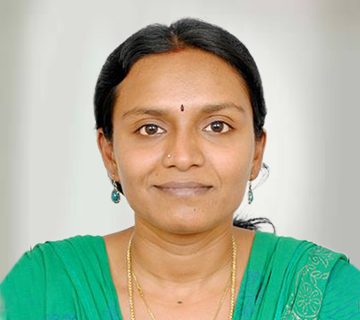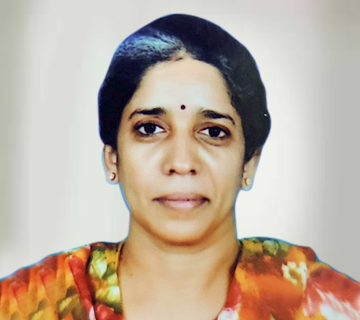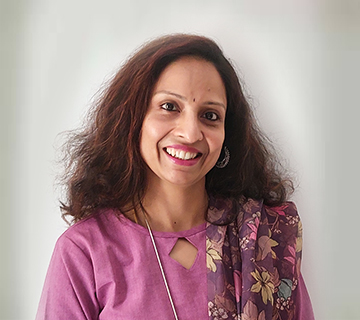Women from lower socio-economic backgrounds swim against the tide - juggling household work with education, resisting cultural norms, and working twice as hard as most men - to obtain a college degree. Yet, the majority of these women are relegated to
performing unpaid household work or domestic work in others' homes.
Meanwhile, children from the same background - many of them first-generation learners - struggle to attend and benefit from school, and continue to fall behind academically and intellectually.
Gender mustn't define agency
Our dipstick survey discovered that 77% of female college graduates in low-income areas spend all their time on unpaid domestic work. Their top three ambitions
are to become financially independent, support their children's education, and receive their family's respect.
Socio-economic barriers must be beaten
No social capital. Minimal economic means. Low confidence. The result? Unused college degrees and unfulfilled ambitions. With the right resources and support, women
learn that their dreams need not stop with college and that they can become agents of social change.
Educated children can escape poverty
A child without education is a child stuck in the vicious cycle of generational poverty. An underprivileged child does not have resources like up-to-date books,
tuition classes, and gadgets. They need the undivided attention and expert help of a tutor to keep up at school.
Children are the fuel for the country's development
Studies show that an investment in foundational learning in India can lead to gains in GDP by as much as 7.39 percent. Since
the future of the country depends on it, we need to do everything we can to provide our children with learning facilities that are fun and effective.
